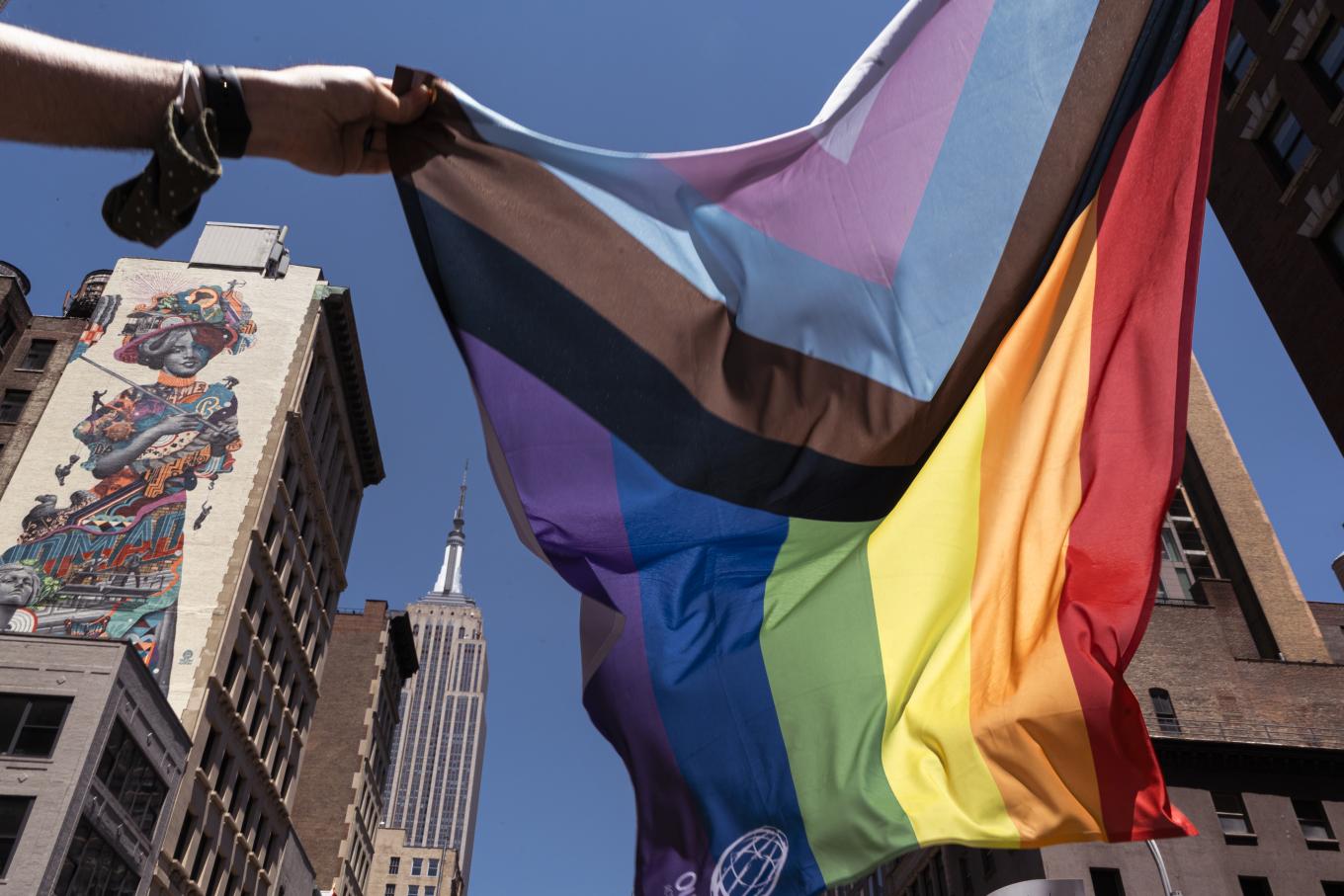
Country Overview
New Zealand
At a glance
View more for this country:
New Zealand, also known as Aotearoa, has made great strides in protecting and promoting the human rights of LGBTIQ persons. In 2013, it became the first country in the Asia-Pacific region to legalize same-sex marriage. Transgender people have been able to change their legal gender markers based on self-determination since 2023. Nonbinary persons can also use "X" as their gender marker on identification documents, while the registered sex on birth certificates can be updated to "non-binary" or "indeterminate."
Discrimination based on sex and sexual orientation is banned under the Human Rights Act 1993. This law does not explicitly cover gender identity, gender expression, and sex characteristics, though the government has interpreted “sex” in this law as inclusive of trans people. The Law Commission is currently examining the protections in the Human Rights Act for trans, nonbinary, and intersex people, and will publish its recommendations in mid-2025.
Various forms of violence against LGBTIQ people are prohibited by law, but critical gaps remain. The Sentencing Act of 2022 imposes additional penalties for crimes committed based on bias against a person’s sexual orientation and gender identity. Practices seeking to change a person's sexual orientation, gender identity, or gender expression are penalized under the Conversion Practices Prohibition Legislation Act 2022. However, this law adopts a carceral approach and does not address root causes. Non-consensual medical interventions on intersex children are legal.
Surveys have suggested that New Zealanders are generally supportive of LGBTIQ people’s rights. Polls also show that LGBTIQ visibility in New Zealand is higher than in other countries. In 2023, the official census collected data on gender, sexual identity, and variations of sex characteristics for the first time, showing that one in 20 adults identify as LGBTIQ. Takatāpui is a Te reo Māori word used as an umbrella term to describe people of diverse sexual orientations, gender identities, and gender expressions. Other Māori identities for sexual and gender minorities include whakawahine, irawhiti, tāhine (or ira tāhūrua-kore), irahuri, irakē, tangata ira wahine, and tangata ira tāne. Despite New Zealand’s advances, LGBTQ individuals continue to be victimized by crimes, including physical and sexual assault, at higher rates than non-LGBTQ individuals. People of diverse genders and sexualities are also at higher risk of suicidal ideation and depression than cisgender heterosexual people.
*Outright research indicates that the bodily autonomy of intersex people is not respected and protected in this country.
Global Impact
Sub-Saharan Africa
Outright supports LGBTIQ organizations in Sub-Saharan Africa and works with mainstream human rights organizations to respect human rights and influence positive changes in laws, policies, attitudes and beliefs that cause discrimination against LGBTIQ people.
United Nations
Our work at the United Nations centers around advocating for the advancement of the rights of LGBTIQ people.
View this regionAsia
Our work in Asia promotes acceptance of sexual and gender diversity at all levels of society.
View this regionSouthwest Asia and North Africa
In the Southwest Asia and North Africa, we partner with local groups in various countries as part of our international solidarity work. We also work with our local partners on different topics through capacity building, advocacy, research and holistic security.
Europe and Central Asia
Outright International partners with activists to fight for an end to human rights violations based on sexual orientation, gender identity and gender expression in Europe and Central Asia, where most of our work involves emergency responses to harassment, discrimination, violence, and most recently, Russia’s brutal and expanded invasion of Ukraine.
Americas
Our work in the Americas continues to build on the fundamental and positive transformation of human rights protections in recent years. We partner with groups in the Caribbean that focus on ending gender-based violence and eradicating discrimination against trans people.
Pacific
Our work in the Pacific aims to increase the visibility of activists, respond to human rights emergencies, and actively bridge local, regional, and international activism to achieve equality and justice.
Global
View this region
Human Rights Research
Since 1990, we have partnered with activists from all over the world to produce hundreds of groundbreaking reports.
Read Our Reports